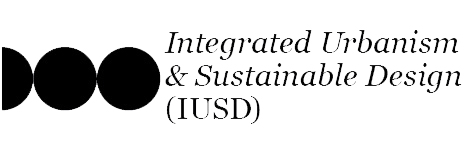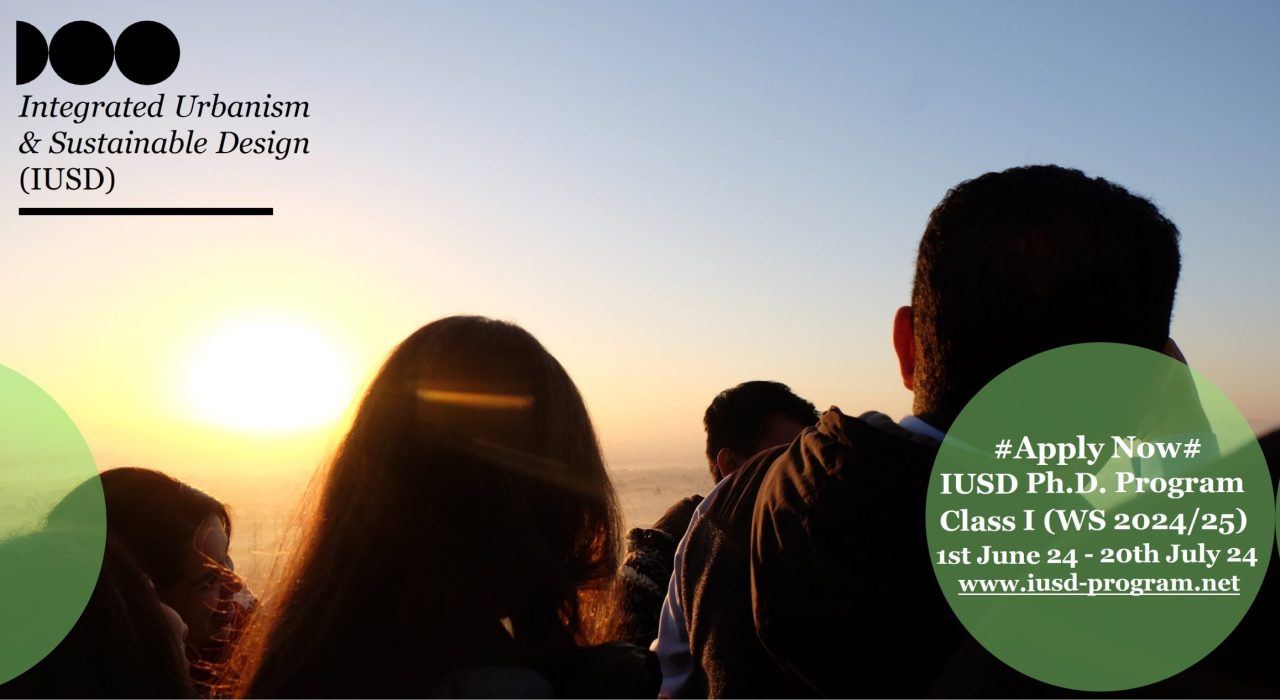Program Objectives
Students will be equipped with conceptual and practical tools to develop holistic (rather than purely technology-oriented) approaches towards sustainable urban planning — combining environmental and social approaches to urban transformation. The program will provide access to a wide range of advanced expertise in the fields of participatory planning and building, energy-efficient construction, integrated aspects of landscape and infrastructure planning, urban management and governance. It will thus enable students to combine principles of ecology-oriented science and engineering with a social approach to the design of urban landscapes and buildings, and to urban and regional planning. This degree also provides eligibility to register for PhD programs in Germany and the rest of Europe.IUSD Program lines
The IUSD MSc Degree is an international 2-year master program hosted and organized by the two partner universities; University of Stuttgart (USTUTT), Stuttgart Germany and Ain Shams University (ASU), Cairo, Egypt. The offered MSc IUSD degrees program lines include the following: - IUSD Double degree at the University of Stuttgart and Ain Shams University: The first year taught in Stuttgart and the second year taught in Cairo.
For details please click here
- IUSD Cairo Program at Ain Shams University, Egypt: The two years taught in Cairo, with a potential opportunity of exchange of a limited number of students between Ain Shams University and University of Stuttgart in the second year for a double degree based on self-finance. Furthermore, single degree students could have the opportunity for an exchange semester at one of the international partner universities.
For details please click here
- IUSD Stuttgart Program at University of Stuttgart, Germany: The two years taught in Stuttgart, with a potential opportunity of exchange of a limited number of students between the University of Stuttgart and Ain Shams University in the second year for a double degree based on self-finance. single degree students could have the opportunity for an exchange semester at one of the international partner universities.
For details please click here
- IUSD Double degree at the University of Stuttgart and Ain Shams University: The first year taught in Stuttgart and the second year taught in Cairo.
For details please click here
- IUSD Cairo Program at Ain Shams University, Egypt: The two years taught in Cairo, with a potential opportunity of exchange of a limited number of students between Ain Shams University and University of Stuttgart in the second year for a double degree based on self-finance. Furthermore, single degree students could have the opportunity for an exchange semester at one of the international partner universities.
For details please click here
- IUSD Stuttgart Program at University of Stuttgart, Germany: The two years taught in Stuttgart, with a potential opportunity of exchange of a limited number of students between the University of Stuttgart and Ain Shams University in the second year for a double degree based on self-finance. single degree students could have the opportunity for an exchange semester at one of the international partner universities.
For details please click here
IUSD Teaching Philosophy
The teaching philosophy of the program seeks to provide the students with support and guidance in expanding their individual expertise in the field of "Integrated Urbanism and Sustainable Design" while at the same time learning to work on complex, practice-based case-studies in interdisciplinary teams. The students come from a range of professional backgrounds and are expected to already have a degree and work experience. The program does not seek to award a professional degree in architecture/ urban planning or engineering. It aims to equip the students with the necessary practical and conceptual skills to develop holistic, interdisciplinary, collaborative and innovative approaches to sustainable urbanism and design – and to apply this knowledge to practical tasks in order to solve complex problems in a collaborative way. To promote critical thinking and the ability to bring several people "to the table", students are trained to become generalists with a specialty" with the ability to link engineering considerations with architectural, environmental, and socio-economic approaches to sustainable shaping and management of man-made environments, navigating the complexities of the field and exploring their interrelationships and mutual dependencies. As the program progresses, the teaching methods shift from a more theoretical approach to the study of concepts and tools to practical application of the acquired knowledge and tools to the design tasks. The teaching methodology combines:1) Knowledge-based learning
Students will acquire a broad understanding of the various facets of Integrated Urbanism and Sustainable Design, learning to relate environmental knowledge, technical expertise, design competence and socio-cultural awareness (compulsory core modules) and expand their individual expertise by specializing in specific topics selected according to their varying pre-qualifications and personal learning goals. Building up on the compulsory core modules, students will use their electives to pursue a specific track (specialization modules). Students are encouraged and given guidance to develop a track, which will strengthen their analytic skills, broaden their intellectual outlook, and test their acquired insight in real-world applications. The program also strives to nurture intellectual independence, self-reliance and personal growth.2) Application-based learning
Students will learn to apply their knowledge to practical tasks of varying complexity in an interdisciplinary hands-on learning environment based on the design approach (Integrated Research and Design/ Integrated Case Study Studios). In the second semester they will refine the acquired skills working on an integrated research and design project on different scales in small student groups. In the third semester they will complete a large case-study project. The application-based learning approach is closely linked to the course’s partner institutions and enables the students to develop close relationships with them. Thus, students are encouraged to be an active part of project development and decision-making processes.3) Learning outcome and prospects/career options
Program graduates will be equipped to work in international organizations, in national and local governments and urban agencies, non-profit agencies, non-governmental organizations and planning/ design companies. They will also be prepared for academic careers and be well positioned for PhDs and international research projects.Content of Modules
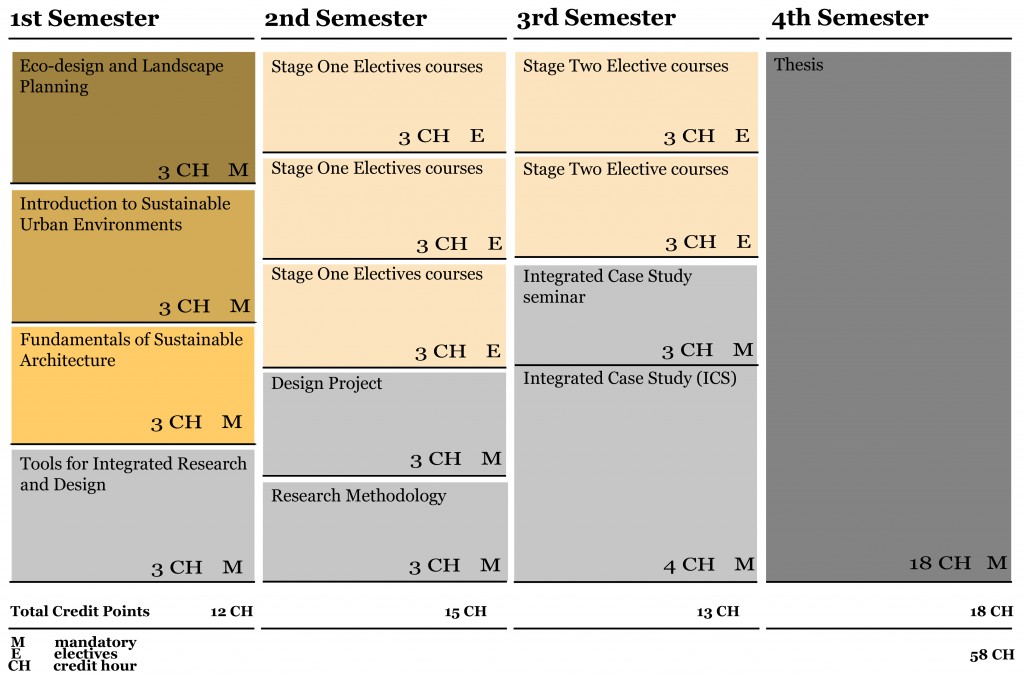 To get a first overview of the module outcomes, please consider our yearbooks:
IUSD yearbooks
To get a first overview of the module outcomes, please consider our yearbooks:
IUSD yearbooks
1. Core Modules
Fundamentals of Sustainable Architecture This course teaches basic principles of sustainable and environmentally friendly building design. Students study the principles of environmental architecture, including energy conservation, reduction of embodied energy of buildings and recycling, or the possibilities to integrate the use of solar energy and other renewable energy sources in architecture. The course also introduce the concepts of vernacular architecture, which provides “low-tech” sustainable alternatives that take into account context-specific issues such as site and local climate, regional architectural traditions and typologies, local building materials and other ecological factors, as well as socio-cultural aspects, poverty related issues and a more general recognition of the human and behavioural dimension related to programme and user. Introduction to Sustainable Urban Environments This module focuses on different theoretical approaches to cities, environment, social issues, urban policy-making, and to the practice of urban and regional planning in general. The course is designed to enhance the critical thinking of the students through drawing the attention to the importance of local contextual attributes when transferring theories or practices from an urban context to another. Furthermore, the course demonstrates how different theoretical approaches inform planning practices (and vice versa), as theoretical and practical approaches to planning are closely interlinked. The students are also required to analize, contextualize, and consider the introduced theoretical approaches through selected best practice examples from around the world. Eco-design and Landscape Planning This course aims to introduce the students to the basic principles of landscape eco-design, which are highly related to the design of green infrastructure systems. The course gives an overview on the effect of infrastructure development on landscape structure and function of urban environments, as well as the environmental challenges facing such developments. Responding to contemporary urban and infrastructure development challenges, this course brings together a series of innovative concepts and theories to discuss different methods, models and measures of ecological design of combined landscape and infrastructure systems for the 21st century.2. Research and Design Modules
Research Methodology This module is designed to enable graduates to prepare and write scientific research, and the preparation of reports and proposals. Graduates will be able to identify stages of scientific research such as problem identification, identifying objectives, data collection, data analysis and hypothesis testing and verification of the objectives and the like. It also aims to familiarize students with different research approaches both quantitative and qualitative, in addition to the methods of data collection and preparation of questionnaires. Tools for Integrated Research and Design This module offers a wide range of tools that provide students with a thorough training in general research and design skills; such as techniques for mapmaking, social, cultural and spatial analyses, statistical analyses, strategic planning tools, and visualisation as well as participatory research skills and project management skills, in addition to other methods and tools that prepare the students to work on integrated research and design projects in complex urban settings. Also, after introducing each tool and method, the students are required to utilize the introduced methods in an applied setting in relation to a given research and design project. Design projects This module offers students an opportunity to work with design projects that build up on each other and focus specifically on one scale and topic – they have a reduced complexity by linking design project to specific sites and stakeholder constellations. Projects will introduce the following scales: Sustainable design projects in building scale; sustainable design projects in city scale; Sustainable design projects in regional scale. Integrated case study (core module) In this module, students practice integrated design and planning skills and apply theoretical knowledge in a real life situation. They gain experience in data processing and analysis by developing a conceptual framework for use in an integrated design and planning process covering Regional Development Planning, Urban Planning and Design, Transportation, Ecology, and Socio-Economic Aspects. The students will work in groups with data on the study area, which will be located in the MENA Region. Topic specific planning guidelines will be developed, as well as scenario specific visions and land use plans. Integrated case study seminar (core module) Upon completion of these module graduates gain experience in data processing and analysis of certain topics related to their integrated case study, and gaining insights into the following topics: Regional Development Planning, Urban Planning and Design, Transportation, Ecology, and Socio-Economic Aspects.3. Electives
The Electives cover a wide range of different disciplines in the three main IUSD research fields relating to themes of Sustainable Architecture, Sustainable Urbanism and Ecology.Extracurricular qualifications and events
During the two academic years at MSc IUSD young professionals will have the opportunity to make use of extracurricular activities offered by the broader network and partners. This includes: • Workshops, and soft skills qualifications incorporated into the academic curriculum with the support by external experts. • Workshops, and soft skills qualifications through academic networks such as DAAD (i.e. in Cairo), Webinar activities via Alumniportal Deutschland • Webinars and Alumni workshops via sectoral network such as AGEP (German Association of Postgraduate Programmes with special Relevance to Developing Countries) • Networking and technical exchange via GAMP (German Arab Masters Programmes Network) • Technical and managerial qualifications (i.e. Workshops on Capacity Works) via cooperating development institutions such as GIZ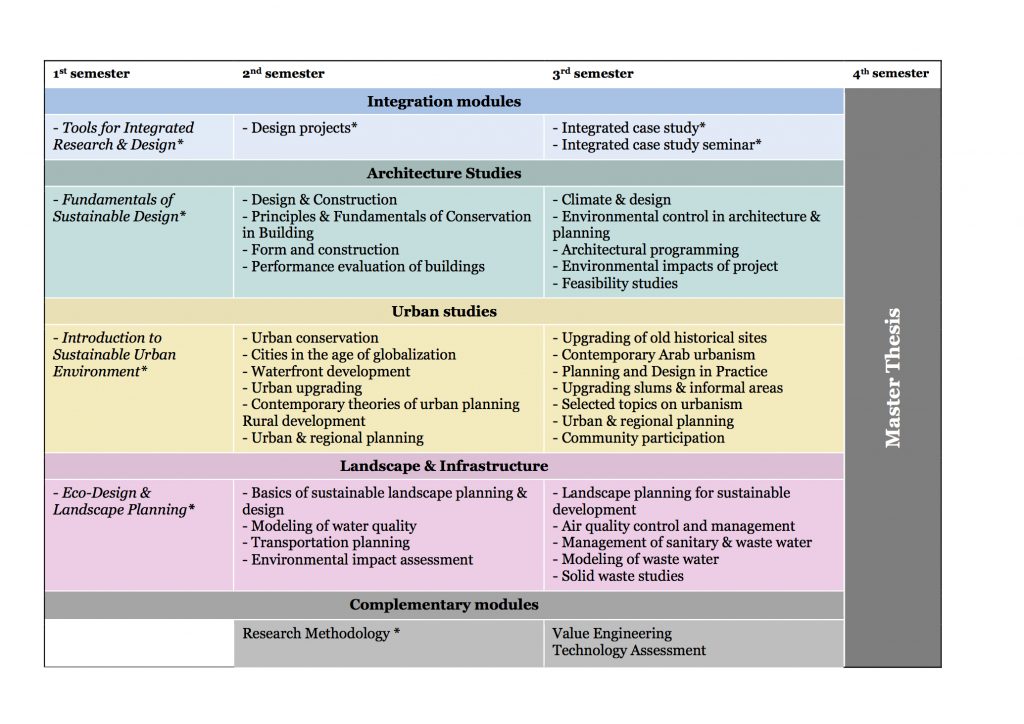
4. Masters Thesis
While most of the thesis work occurs during the last term of the second year (4th semester), students are urged to begin the process of defining a thesis topic early in the second year through their participation in a required thesis preparation seminar. The Masters thesis will ideally be developed in cooperation with external partner organizations in Egypt but it can also have a period for investigations in Germany or MENA countries. Students are required to submit a thesis on a topic of their choice that avoids the traditional perception of the thesis as a «mini-dissertation», and to think instead of a client-oriented, professional document that bridges academic and professional concerns. For more Info, have a look at our Thesis so far.Who can apply?
Applicants from all over the world with an internationally recognized Bachelor degree (or equivalent) in architecture, urban planning, landscape architecture, regional planning or civil engineering. Professionals with Bachelor degrees in geography, sociology, environmental management, political science or economics and cultural studies, Arabic, African or Islamic studies with relevant professional experience will also be considered but should also provide proof of relevant professional experience in fields related to architecture, urban and development planning or infrastructure design. The Masters programs strongly encourages applications from young professionals working in public institutions, private sector, civil society initiatives or NGOs all over the world who are interested in IUSD-related topics and who have a high level of interest in knowledge transfer and achieving a social benefit. The Admission Commission will give applicants with work expertise or equivalent internship experience preferential treatment. We would welcome applicants from many different backgrounds and countries. The programs aim at bringing together young professionals with experience and maturity, who are willing to tackle new challenges, be integrative and open-minded in their approach to problem solving. Prospective students need to be able to recognize and embrace the vast scope of subject matters covered by the program, from the scale of ecosystems to constructional architectural detail, and consider this a special quality and an important asset to their professional and personal skills.How to apply?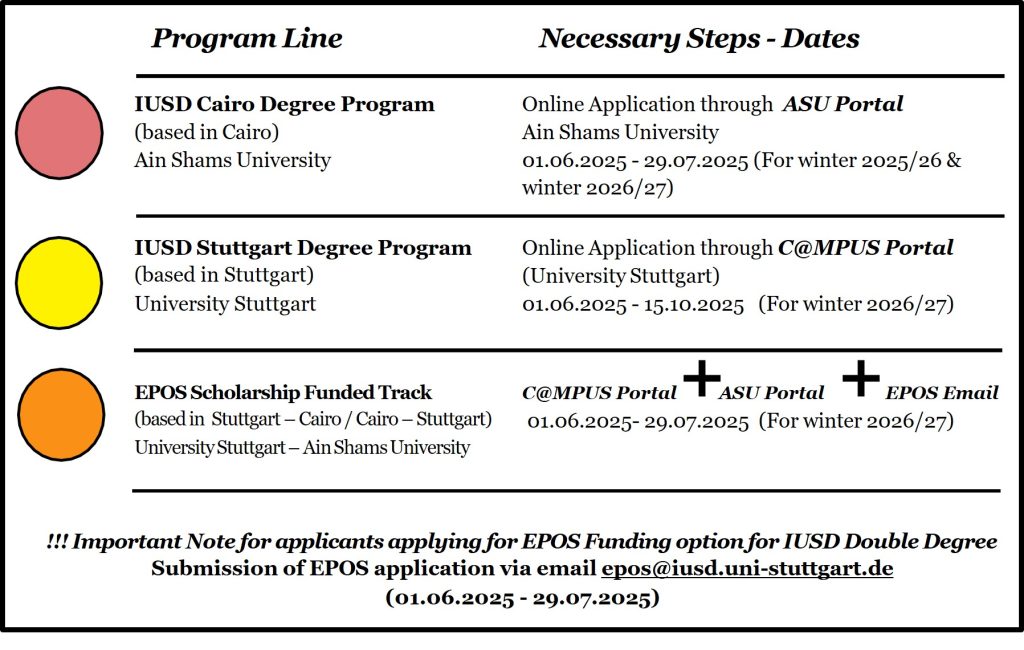
Find out the exact requirements for the corresponding program line:
IUSD Double Degree Program (University Stuttgart and Ain Shams University)
IUSD Stuttgart Degree Program (University Stuttgart)
IUSD Cairo Degree Program (Ain Shams University)
The application for the IUSD programs is only possible as online application
The application period ends July 29th. At this stage please do not send any hard copies to us. The links to the application portals are only available during the application period (1st June - 29th July). Online portal University of Stuttgart Online portal Ain Shams University *A note for EPOS Applicants: If you would like to apply for the EPOS scholarship, you would have to submit your academic application at both universities through the online portals AND submit the EPOS application and documents until July 29th to the EPOS email address: epos@iusd.uni-stuttgart.de. Please check requirements and documents for EPOS here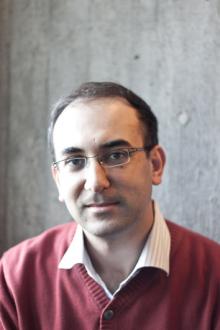
Assoc. Prof. Dr. Yehya Serag
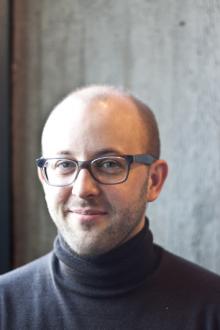
Dipl.-Ing. Moritz Bellers
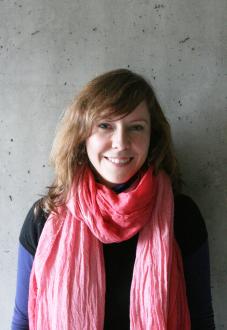
Dipl.-Ing. MSc. Franziska Laue
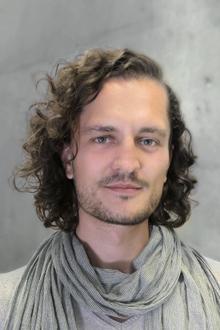
Dipl.-Ing. Raoul Cyril Humpert
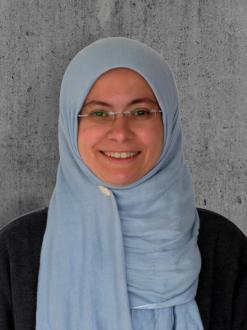
Dr. Marwa Abdellatif
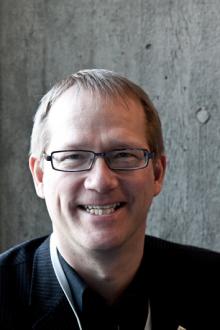
Dr.-Ing. Bernd Eisenberg
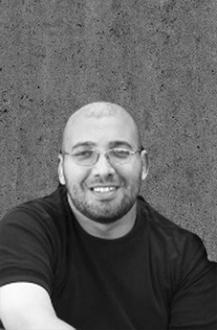
Dr. Abdulmoneim Alfiky
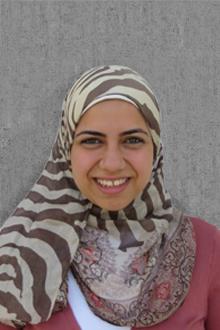
Eng. Nashwa Emad
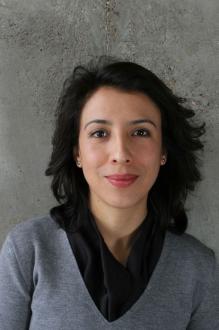
M.Arch. Marisol Rivas Velasquez
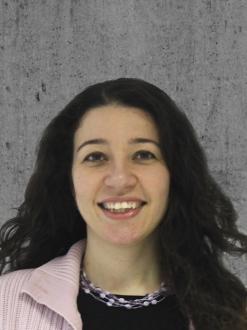
MSc. Ebtihal Abbas
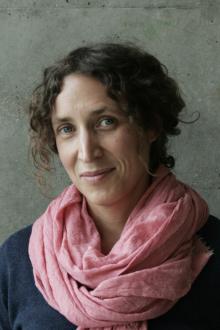
MSc. Julia Hartmann
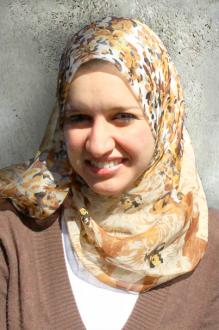
MSc. Mona Mannoun
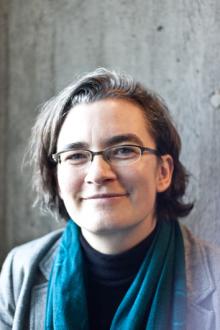
Prof. Antje Stokman
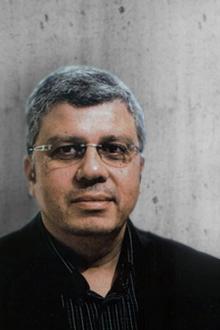
Prof. Dr. Ayman Ashour
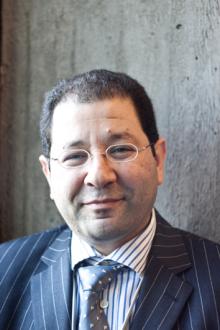
Prof. Dr. Mohamed Salheen
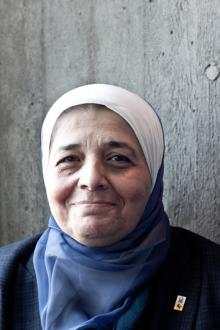
Prof. Dr. Youhansen Y. Eid
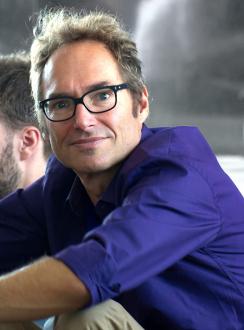
Prof. Ingo Helmedag
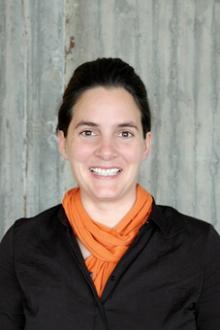
Vertr. Prof. Nina Gribat
IUSD ASU Modules Description
Integrated Case Study
This module aims at expanding students' understanding of the roles of professionals involved in the process of shaping cities. It aims at exploring new models of working to expand the scope and capabilities of architects, planners, engineers and other related professionals; Each year, a case study is selected which is complex and has diverse aspects to pave the way for the notion of integration. The main theme of this year is informal settlements development approaches in Egypt. The case study is in autumn 2014 ‘Istabl Antar’.Integrated Case Study-Seminar
This module aims at assisting the students to acquire a critical understanding of the process and outcomes of integrated planning. It aims at sharpening the students’ ability in data processing and analysis of certain topics related to their integrated case study. Also, students get the chance to gain insights into the various and complex topics related to each case study context such as: governance, socio-economic environment, natural environment, and built environment.Research Methodology
Upgrading Slums and Informal Areas
This module introduces non-traditional concepts and approaches to dealing with informal settlements. It provides a methodology for classifying informal settlements and their typologies. It discusses how to analyze the growth of a informal settlements, and suggests ways of dealing with this it as an attempt to control unplanned growth. The course reviews techniques and advantages of upgrading. It discusses the role of public policy and its impact on housing and governmental and non-governmental interventions that have been made in the recent years to help deal with informal settlements.Urban and Regional Planning
This module provides an advanced understanding of the spatial, economic, social, political and physical factors that shape urban regions. The module addresses fundamental lines of inquiry such as: How do planners map the complex systems (such as human settlements, economic development, natural environment, transportation and infrastructure) on urban and regional scale? In this module, students are highly encouraged to use innovative and non-conventional mapping techniques and approaches that would also match the conditions of local contexts. The module is offered in an intense workshop format. The case study of this year will be ‘Mohammadia’ district in Tunis, Tunisia. non-renewable energy sources and the use of solar energy in architecture.Climate and Design
This module reviews the different techniques of energy conservation on the urban and architectural levels. Energy efficiency is thought to be a principle of a sustainable, environmentally friendly and climate responsive architectural and urban planning praxis and it will be reviewed especially in the context of the MENA region. The course looks at the combined role of architecture and urban planning in conserving energy in addition to the identification of renewable and non-renewable energy sources and the use of solar energy in architecture.Selected Topics on Urbanism
The course tries to analyse the relationship between social factors, the composition of the society, its power structure, the political and economical systems and their impacts on urbanism in terms of urban and regional planning strategies and urban design as well as the physical spatial impacts, within the MENA and European cities and human settlements. The course intends to stir the discussion relaying on the different orgins of the students, aiming to establish several comparative analysis cases within the MENA and Europe.For further details, please check the Course Handbook
For IUSD Regulation & Modules, please check IUSD-ASU Academic Bylaws
Link: Click here to read

Who are the Partner Universities?
The Masters Program will be jointly developed, managed and accredited by the Universities of Stuttgart and Ain Shams (Cairo). The two universities enjoy a long-standing and successful academic collaboration and a number of joint research activities. This includes an intensive exchange between Stuttgart University’s Institute of Landscape Planning and Ecology (ILPÖ) and the Urban Planning Department of Ain Shams University in Cairo in the context of the EU Tempus project «Curriculum for Environmental Impact Assessment Courses (CEIAC)», which has been running since 2007. Stuttgart’s Urban Planning Institute has organized a number of bilateral colloquia on a range of topics, including most recently the «Strategic Planning + Sustainable Urban Development» colloquium in April 2009 in Cairo und in July 2009 in Stuttgart, which provided a platform for exchange between participants from both universities as well as from both municipal authorities and other institutions. Further collaboration between the universities, local authorities and industry in Egypt were funded under the auspices of the city partnership between Stuttgart and Cairo, which was founded in 1979.The German Academic Exchange Service (DAAD)
External Partners
Frequently Asked Questions
1. Do you accept applications from any country?
The Masters Programs is open to all nationalities.
2. Where to find my applicant number for IUSD Stuttgart?
You can find your "applicant number" (you apply as a person) after having registered on the application portal. Please click in the upper right corner on your name > "Application" and it will appear above your current application. After the full submission of your application you will receive an "application number" (you apply for a study program) for the MSc IUSD program.
3. How will I know that IUSD Stuttgart has received my application? How will I know that the application documents I sent are complete?
After completing the online application process you will see the note "received" in the application portal indicating your documents' status. You will receive a message stating further procedures if needed.
4. Will the lectures be held in German, English or Arabic?
The teaching and communication language of the IUSD Masters' Program is English.
5. Do you accept applications from all Egyptian universities?
The Masters Programs are open to graduates from all Egyptian universities.
6. Can I apply if I do not have the required certificates as proof of my language proficiency? Can I apply if my English certificate has expired? What is the University of Stuttgart code for the TOEFL test?
Due to the short application period it may be difficult for applicants to take a TOEFL or IELTS test before the application deadline. If so, applicants are asked to provide any proof of language proficiency they have. For example, applicants can include a confirmation from their university if English was the medium of instruction; from their employer stating that English is the medium of work; or any other certificates from language schools or institutional testing programs. This does not replace the TOEFL or IELTS test. For the IUSD MSc programs, it is not necessary to send the results directly via the TOEFL homepage with the University of Stuttgart/Ain Shams University Code. Please wait for your hardcopy or digital results and upload them on the application portal.
7. How to apply for the EPOS scholarship and: In case I am applying for the EPOS DAAD scholarship, do I have to attach the documents which are asked for in the DAAD form but not listed in the documents list of the Double Degree?
You will find instruction how to apply for the EPOS scholarship in the menu “financial issues” You do not have to attach language certificates, description of prospected research projects in Germany or other documents to the DAAD form. Just fill in the DAAD form, sign it by hand, scan and upload it.
8. How much time am I expected to commit to studying for the MSc IUSD? Can I do the program part-time?
The universities and also funding bodies expect you to commit full-time hours to your studies for the MSc IUSD. We strongly advise you to keep other commitments to a minimum. It is not possible to enrol on the MSc IUSD program on a part-time basis.
9. How long does it take to complete the MSc IUSD?
MSc IUSD programs are two-year programs which run over four semesters. For IUSD Cairo all semesters are taught at the Ain Shams University in Cairo, with an option to study abroad in the 3rd semester. For IUSD Stuttgart all semesters are taught at the University of Stuttgart with an option to study abroad in the 3rd semester. For IUSD Double Degree: in case of starting in Stuttgart, the first and second semester are taught at the University of Stuttgart, the third and fourth are taught at the Ain Shams University in Cairo. Or in case of starting in Cairo it is vice versa (the first and second semester are taught at the Ain Shams University in Cairo, the third and fourth are taught at the University of Stuttgart .
10. Can I bring my family?
You can bring your family. However, we advise you to travel to Stuttgart/Cairo alone first in order to find a place to stay before bringing your family. Please note: Housing for families is not provided by the university accommodation services and must be organized individually.
11. Do the EPOS scholarships cover living expenses in Germany and Egypt?
For non-German students, scholarships are calculated to cover living costs in Germany and Egypt. German students receive living subsistence only for their time abroad and not in the first year in Germany. Further information is provided by DAAD. The DAAD scholarships do not cover the administration fees of the universities.
12. What happens to my data after the application period?
Your personal information and data is protected and will be deleted at the end of the application process.
13. Do I need an APS document if I hold a Chinese, Vietnamese or Mongolian nationality?
Yes. Under German regulations applicants from these countries need an APS (Akademische Prüfstelle) document to enroll at a German university. You can apply for it at the embassies in your country. It is not necessary to submit this document during the application period; it can be handed in later.
14. Who do I contact if I have questions about . . . ?
• Studying at University of Stuttgart: (info@iusd.uni-stuttgart.de) • Studying at Ain Shams University: (iusd@eng.asu.edu.eg) • Scholarship related issues, DAAD (EPOS) • Non-Study related issues, International Center: Mrs Katja Jenkner: incoming.daad@ia.uni-stuttgart.de
Mrs Svenja Wübker: wuebker@ia.uni-stuttgart.de • Post-Study related issues, (iusdalumni@gmail.com)
